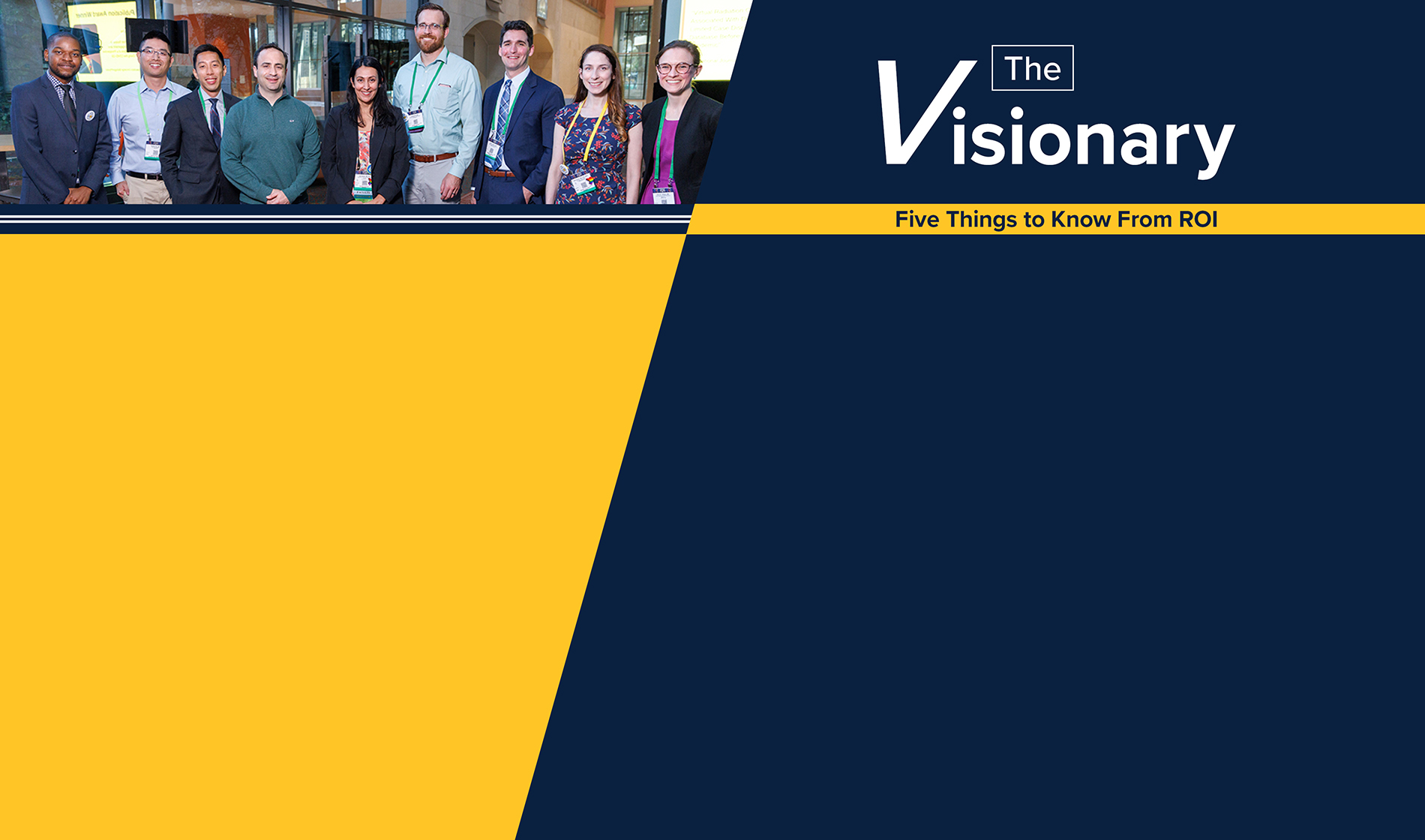ROI Research Matters – to Incarcerated Individuals
Radiation oncologist Oluwadamilola Oladeru, MD, MA, MBA, is conducting research to better understand disparities in cancer care in the Florida state prison system and to develop cancer education materials tailored for incarcerated individuals with support from ROI. She recently shared three reasons why empowering incarcerated individuals through cancer literacy is important:
1. Improved Health Outcomes
Incarcerated individuals have a higher rate of cancer than the general population and are often diagnosed at more advanced stages, which can lead to poorer outcomes. Empowerment through cancer literacy can help them to better understand screening guidelines and their right to it and increase their awareness of cancer as a disease, including its risk factors and treatment options. This can translate to better health outcomes, including improved survival rates and a better quality of life.
2. Empowerment Advocacy
By increasing their cancer literacy, incarcerated individuals can be empowered and engaged in their health care. This knowledge can help them make informed decisions about their care and be used to advocate for their needs within the correctional system. Further, incarcerated individuals often return to their communities upon release, and their health impacts that of their communities.
3. Ethical Considerations
It is important to ensure that all individuals have access to the same quality of health care, regardless of social status or incarceration status. Empowering incarcerated individuals through cancer literacy can ensure they receive the same level of health care as individuals in the general population. This is also an important step toward reducing health disparities via improving the health of vulnerable populations. Efforts to promote health equity for all individuals to have equal access to quality health care should be inclusive of all populations.
Learn more about Dr. Oladeru’s research that aims to improve cancer literacy in prisons so that incarcerated individuals can protect their health by self-advocating for recommended cancer screenings, early detection and required follow-up care, including radiotherapy.














